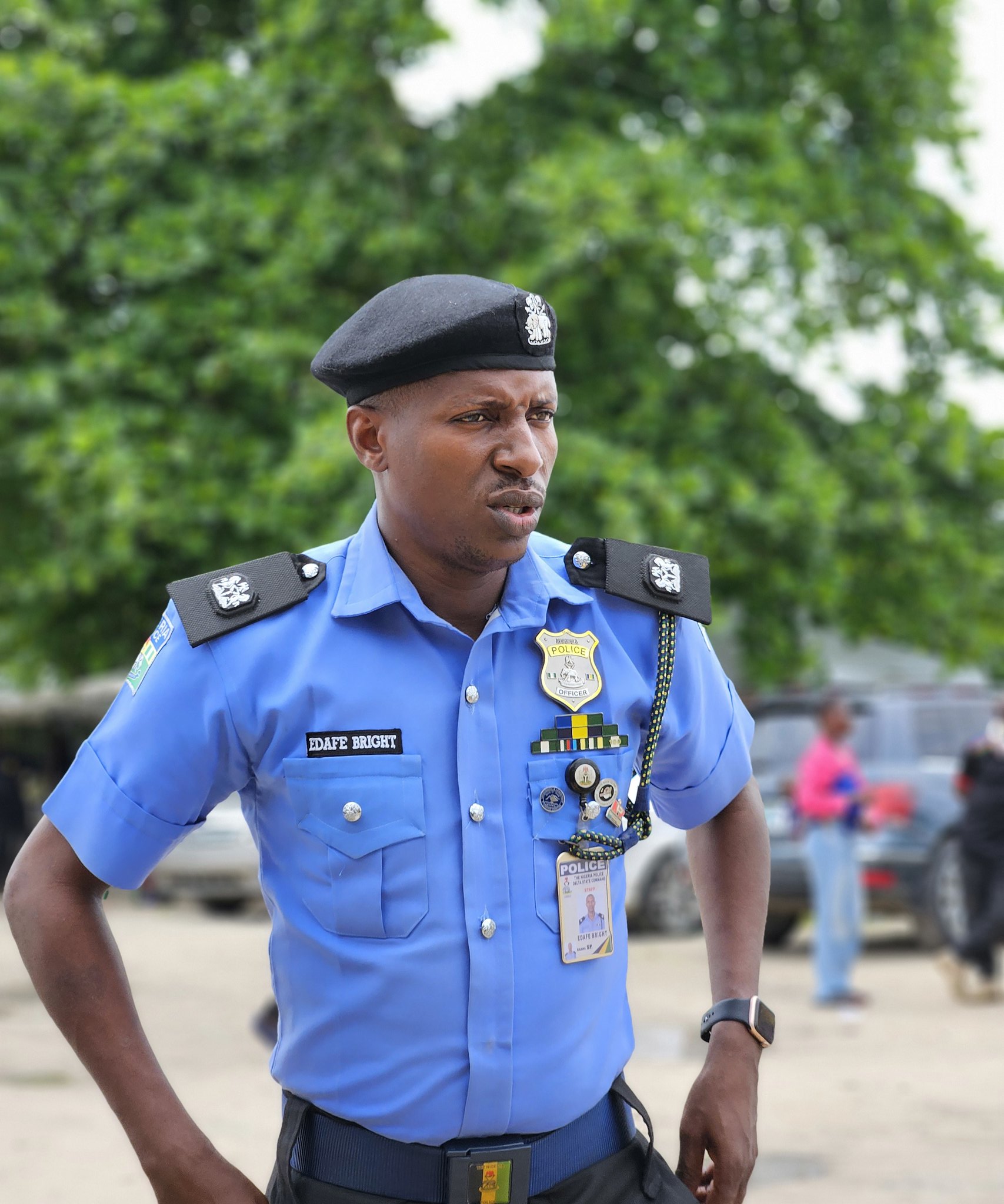Residents of Gwalada Jiwa community in the Abuja Municipal Area Council (AMAC) of the Federal Capital Territory (FCT) have expressed frustration over years of neglect by successive administrations.
They lamented the absence of primary and secondary schools in the area, which has forced their children to trek several kilometres through unsafe bush paths and dangerous roads to attend schools in neighbouring communities.
The Chief of Gwalada Jiwa, Dr Yakubu Tanko, disclosed during an International Children’s Day celebration organised by ActionAid Nigeria that over 200 school-age children reside in the community, yet there is not a single government-owned school.
“Our children are being knocked down by vehicles as they cross major roads to attend school in other towns. Many pass through dangerous bush paths and are exposed to physical attacks, bullying, sexual violence, and rape,” Dr Tanko said.
He appealed to President Bola Ahmed Tinubu and FCT Minister Nyesom Wike to intervene, saying, “We have seen the minister’s good work across Abuja. We want him to extend that development to our place and other neglected FCT communities. Let’s work together to bring lasting change, by having one school, one child, one community at a time.”
ActionAid Nigeria’s Programme Specialist for the Local Rights Programme (LRP), Mr Kehinde Arowosegbe, who represented the Country Director, highlighted the dire challenges faced by children in the community. He noted that while the theme for this year’s Children’s Day celebration is “Stop Bullying,” the more pressing issue for Gwalada Jiwa’s children is access to education.
“This event is a powerful reminder of the widening inequality in education access within the FCT and reignites the need for inclusive development that leaves no community behind,” he said. “The children of Gwalada Jiwa community, like every Nigerian child, have a constitutional right to education. Instead, they are forced to risk their lives daily to gain access to basic learning. What future are we promising when our children must face fear and trauma just to get to a classroom?”
Arowosegbe described the situation as a crisis of lost potential and stolen dreams. “Education is not a luxury, it is a lifeline. A school in Gwalada Jiwa community is not just a building; it is a symbol of safety, a centre of opportunity, and a platform for transformation. If we provide schools here, children will learn in dignity, parents will have peace of mind, and the community will benefit from improved social development,” he said.
Emphasising that the community is seeking justice rather than charity, Arowosegbe added, “Our demands are simple: give us a school. We are asking for the constitutional right to education, protection, and opportunity, just like every other Nigerian. When we build schools, we invest in innovation, peace, leadership, and progress.”



![[FILES] A picture shows the Argentinian flag. (Photo by DANIEL LEAL-OLIVAS / AFP)](https://cdn.guardian.ng/wp-content/uploads/2020/11/Argentina-.jpg)


